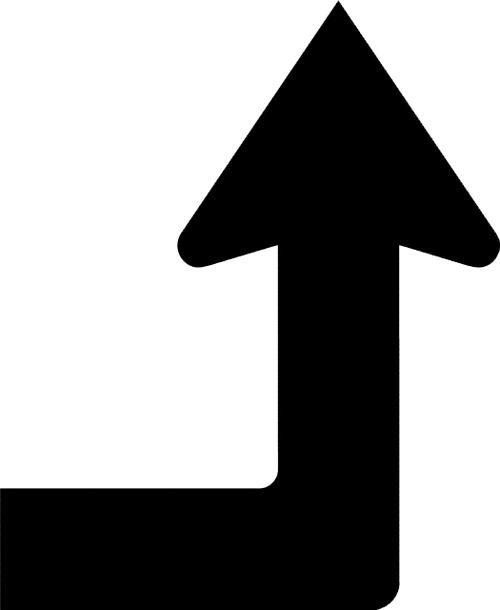- "The creator [i.e., the creative person] lives for his work... All relations with men are secondary..."
- The basic need of the second-hander [i.e., the person who depends upon others] is to secure his ties with men in order to be fed. He places relations first. He declares that man exists in order to serve others. He preaches altruism."
- "Altruism is the doctrine which demands that man live for others and place others above self."
- "The man who attempts to live for others is... a parasite."
- "Men have been taught that it is a virtue to agree with others. But the creator is the man who disagrees... Men have been taught it is a virtue to stand together. But the creator is the man who stands alone..."
- "In all proper relationships there is no sacrifice of anyone to anyone."
- "The first right on earth is the right of the ego. Man's first duty is to himself. His moral law is never to place his prime goal within the persons of others. His moral obligation is to do what he wishes, provided his wish does not depend primarily upon other men... But this does not include the sphere of the gangster, the altruist and the dictator."
- "This country was not based on selfless service, sacrifice, renunciation or any precept of altruism. It was based on a man's right to the pursuit of happiness. His own happiness. Not anyone else's. A private, personal, selfish motive..."
Yet somehow, all the other characters in the book, who themselves are uniformly despicable -- there is not a single one I would want as a friend or recommend as a role model -- all find something mystical, prophetic, even messianic in the man Rand gives us as the hero. Merely entering his presence makes them more serene and courageous. They feel a strange attraction to him. They don't merely excuse his multiple criminal and sociopathic actions, they actually regard them as inspired and admirable. And given the fact that the actions of the hero are intended to put into practice all the statements of his I have quoted above, it is hard to see why Rand's philosophy of Objectivism warrants any attention at all -- yet she apparently has thousands of disciples.
Make no mistake: The crimes committed by the hero are not civil disobedience. We are not talking about a Gandhi, a King, a Rosa Parks, a Thoreau. We are not talking about a man who disobeys unjust laws in order to show they are unjust and to free people from oppression. We are talking about a "hero" who commits tortious acts against others because it pleases him to do so, and he gets away with it because the author and all of the book's characters regard him as the enlightened one -- a sort of Buddha. And her anti-hero appears practically demonic.
In her quest to explain her notions of Objectivism, Rand makes every scene feel contrived. Every discussion and every tension is a debate in words or actions to make her case. Rand herself escaped from a life in communist, socialist, totalitarian society, so we can excuse, perhaps, her tendency in this novel to overstate her case for the cause of free individual thought and action, at the expense of realism in the novel.
That is not to say it is not a compelling read. I considered it a page-turner all the way through its 695 pages. Nor is it to say that the ideas are not worth debating. They are just not worth accepting on face value as presented by Rand. It is not that the book is not entertaining; just don't go looking for behavioral consistency in the characters, or even any rationale for their odd behavior, because it is not there. As for the ending, it is patently ridiculous.
If you allow for these many distinct flaws, the book is worth reading for two reasons. One: If you are an independent thinker, and you are not inclined to live your life based upon the expectations of others or a need for other people's approval, you will enjoy -- maybe even be inspired by -- the struggles of the hero. And two: Ayn Rand's philosophy has influenced countless people in this country and around the world for several decades, and as a well-informed intellectual and a well-read person, you will want to know first hand what she says, and then form your own opinions.
Now, what about that quote above, the statement of the hero of Rand's book -- "The man who attempts to live for others is... a parasite."? According to Rand, altruism and leadership and self-sacrifice are actually evil, and selfish, and cause people to be enslaved. These assertions simply don't stand up in the face of real heroes like Gandhi and Mother Teresa. Rather, by comparison, they show Rand and her book's characters to all be self-absorbed, cynical, and limited. In the end, the philosophical argument boils down to this: Is one more fully human when one seeks to better the world by passionately following ones own interests, or is one more fully human when one invests oneself fully in freeing and healing other people?

No comments:
Post a Comment